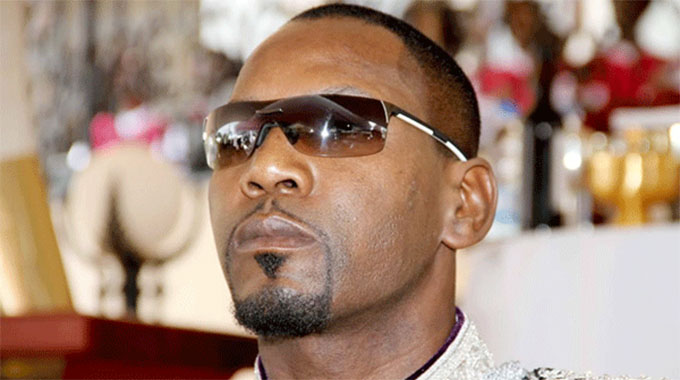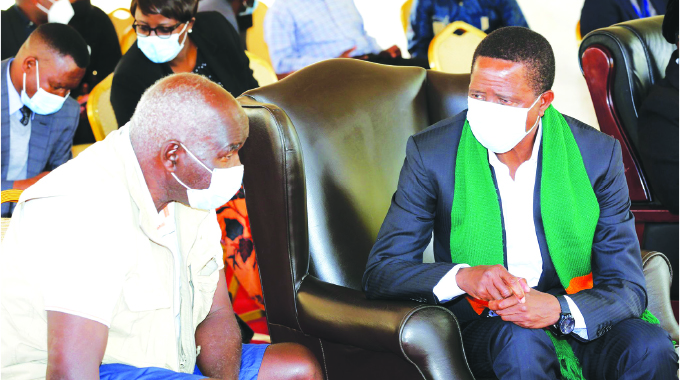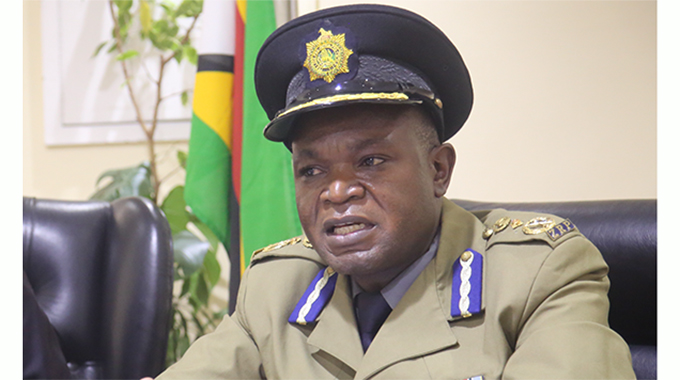Court frees former Airzim boss Chikore

Nyore Madzianike
Senior Court Reporter
FORMER Air Zimbabwe chief operations officer Simba Chikore yesterday had the criminal abuse of office charges he was facing dropped after Harare regional magistrate Mr Ngoni Nduna agreed that the charges were wrong since Air Zimbabwe (Pvt) Limited is not a public entity.
Chikore had argued that he was not a public office bearer during the time he worked for the national airliner.
In coming up with the decision, Mr Nduna said there are Supreme Court judgments that concluded that Air Zimbabwe was not a public entity.
Chikore, son-in-law to the late former president Robert Mugabe, was being represented by lawyers Mr Jonathan Samukange and Brighton Pabwe. He was being accused of flouting tender procedures and awarding security tenders to undeserving companies during 2017.
Since Air Zimbabwe (Pvt) Limited is not a parastatal but a private company, Chikore did not fall under the definition of a public officer required to sustain the charges. Chikore also argued that Air Zimbabwe does not need to approach the Procurement Authority of Zimbabwe when it wants to purchase goods and services.

Simba Chikore
State counsel, Mr Ephraim Zinyandu, had argued that Air Zimbabwe was listed as a public entity under the second schedule of Statutory Instrument 171 of 2002 and its status was spelt out in the Public Finance and Management Act.
It is the State’’s submission that Air Zimbabwe is a public entity. Public entities are listed under second schedule of the Statutory Instrument 171 of 2002 and Air Zimbabwe is number 3 on the list. Therefore it cannot be described as a private company.
In addition, Section 3 for the Public Finance and Management Act states that the objective of this Act is to secure transparent, accountability and sound management of the revenues, expenditure, assets and liabilities of each entity.
This therefore means Air Zimbabwe is regulated by the Act as a public entity he said.
However the court followed precedents set by the Supreme Court disagreeing with that interpretation.










Comments